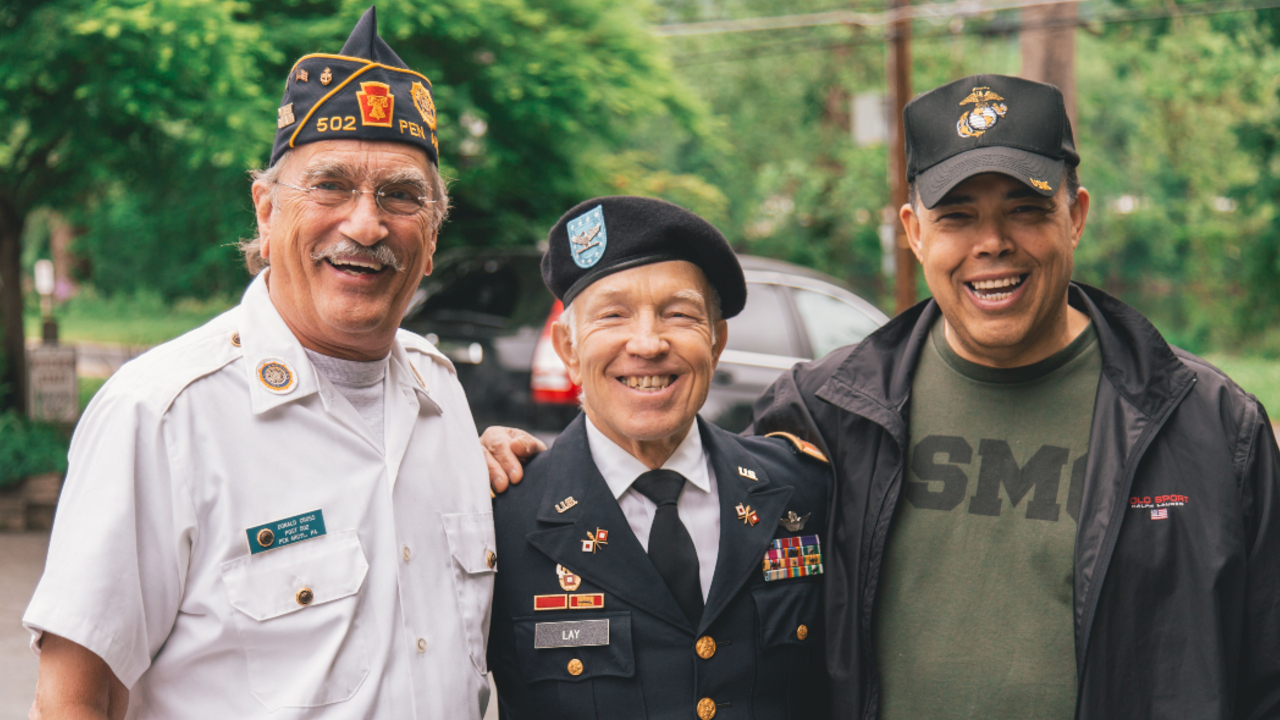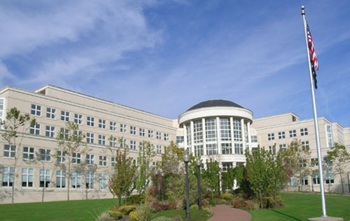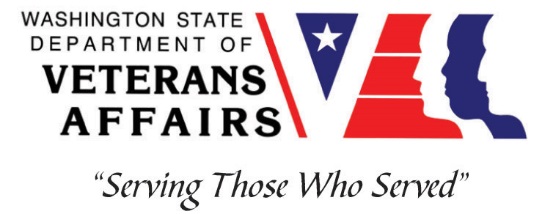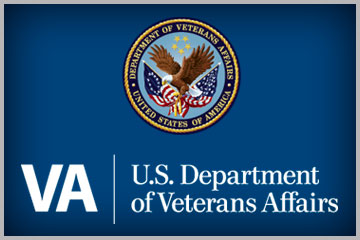Veterans Justice Initiative
Behavioral Health and Recovery Division

Background
The King County Veteran Justice Initiative (VJI) was implemented with the passage of the 2012 Veterans and Human Services Levy. The VJI strives to prevent unnecessary criminalization of behavioral health disorders and extended incarceration among veterans by ensuring eligible, justice-involved veterans have timely access to Veterans Health Administration services and other suitable services.
For More Information
Additional Resources
Additional info for Veterans and Military Families:
Components for the Veterans Justice Initiative
The VJI involves coordination of the local justice system; local, state, and federal veterans services system; and community-based providers.
Justice System Components
- Courts (including the 39 municipalities, King County District Court and King County Superior Court)
- Prosecutor’s Offices and Public Defense
- Jail Health Services and other in-custody medical and behavioral health providers
- Community Corrections (including City and County Work Education Release and day reporting programs)
- Department of Corrections and DoC Community Supervision units and officers
Veterans Services System Components
- U.S. Department of Veterans Affairs
- Veterans Health Administration
- Veterans Benefits Administration
- Veterans Centers
- State of Washington Department of Veterans Affairs
- King County Veterans Program (link)
Community-based providers
- Community mental health agencies serving veterans and non-veterans
- Community-based substance abuse treatment services serving veterans and non-veterans,
- Reentry programs serving veterans and justice-involved individuals
- Housing and social service programs serving veterans and non-veterans.
Veterans Justice Programs

Maleng Regional Justice Center
The Incarcerated Veterans Program is a jail-based pilot program sited at the Maleng Regional Justice Center dedicated to providing support and services to eligible veterans incarcerated at the King County jail (i.e., King County Correctional Facility or MRJC). Veterans who are incarcerated at the King County jail may volunteer to participate in specialized programs and/or unit housing with specific programming designed to address the unique needs of veterans. The Veterans Program is a platform for various community volunteers and service providers to engage and serve those who have served in the U.S. military.
Programming is psychoeducational, and reentry focused. The Department of Adult and Juvenile Detention and the Department of Community and Human Services continue to seek out programming and services that will address the needs of program participants.
Volunteers or agencies interested in providing programming or outreach services may contact Nancy Garcia (Nancy.Garcia@kingcounty.gov) and Chelsea Baylen (Chelsea.Baylen@kingcounty.gov) for more information.
Diversion and Reentry Services contracts with the State of Washington Department of Veterans Affairs to provide reentry case management services for eligible veterans incarcerated at the King County Correctional Facility and Maleng Regional Justice Center. Services include 120 days of bridge case management to ensure connection to Veterans Health Administration healthcare and other community-based veterans services or mainstream services when appropriate.
King County District Court Regional Veterans Court (RVC) and the Diversion and Reentry Services Section developed a "Veteran Mentor Program" for participants of RVC. Mentors are veterans in the community who volunteer to act as a coach, guide, role model, advocate, and support person for participants of the RVC program. The mentor relationship is intended to encourage, guide, and support the veteran as they progress through the RVC program. The mentor can assist the veteran in identifying resources that might be helpful, and encourage and support the veteran to get the help they need to be independent and self-sufficient. Participation in the Veteran Mentor Program is voluntary for RVC participants.
 |
Please see RVC website for more information, including program brochure. Address: 516 Third Avenue in downtown Seattle Implemented: June 14, 2012 Capacity: 45 Pictured: Presiding Judge Lisa Paglisotti |
 |
City of Seattle Municipal Court Veterans Treatment Court (VTC) Please see VTC website for more information. Address: 600 Fifth Avenue in downtown Seattle. Implemented: September 20, 2011 Capacity: 25 Pictured: Presiding Judge Willie Gregory, (U. S. Air Force, Security Police - 1980-1984; Starting rank airman basic, honorably discharged as staff sergeant) |
State and Federal Partner Services
Civil-Legal Aid
Northwest Justice Project Veterans Project, through partnership with the King County Veterans Program, provides free civil legal aid to help veterans access Government (VA) Benefits or avoid eviction. Entry to services requires a referral through the King County Veterans Program. NJP maintains a very informative website on a multitude of civil legal needs at Washington LawHelp that may be available to individuals, and not necessarily tied to veteran status. Also provided are resources specific to veterans.
What are problem-solving courts focused on serving Veterans:

 Translate
Translate





